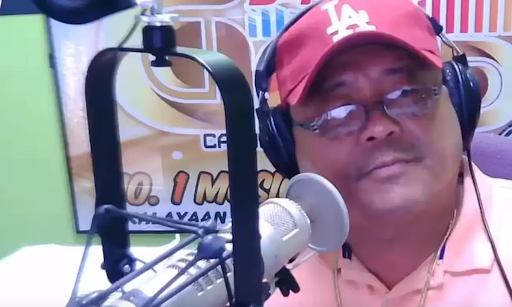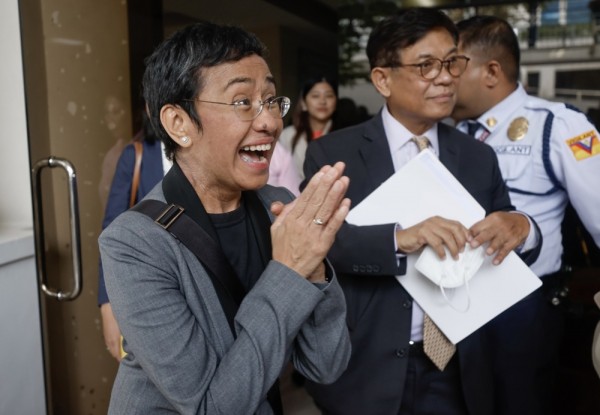On April 24, 2012 Philippine Journalist Michael Calanasan, 36, was shot dead by two gunmen riding tandem on a motorcycle at approximately 7:00 a.m. in San Pablo City, Laguna Province, in the Philippines. Calanasan was a columnist for the local daily newspaper The Laguna Courier as well as a city traffic officer. Calanasan’s wife, who witnessed the shooting but was not hurt, said that they were on route to San Pablo City Hall when Calanasan was shot in the face. According to the managing editor of The Laguna Courier, Calanasan began working at the newspaper in 2011 writing about local issues. Calanasan’s mother is the former editor-in-chief of the paper, the National Union of Journalists of the Philippines (NUJP) reported.
It is unclear at this time whether Calanasan’s death was related to his journalistic work and IPI has been calling for a thorough investigation into the journalist’s murder. Regardless of the motives behind the attack, Calanasan represents one of the many journalists and other media personnel in the Philippines who have been victims of shooting attacks by unidentified assailants on motorbikes. According to reports, no suspects have currently been identified but authorities have offered a reward for any information that will help in the arrest of the gunmen.
“We are deeply saddened by this murder and the climate of violence that continues to affect journalists in the Philippines,” International Press Institute (IPI) executive director Alison Bethel McKenzie said. “Once again, IPI stresses the importance that the Philippines’ authorities bring the perpetrators of this brutal crime to justice and end the climate of impunity that has been the root cause of the widespread violence against the media in the Philippines.”
“We extend our condolences to the family and colleagues of Michael Calanasan,” Bethel McKenzie added.
Attacks against journalists are common in the Philippines and often remain unpunished. For many years, the Philippines has been among the most dangerous countries for journalists. Those who wish to silence journalists exposing corrupt or other illegal activities find that murder is often the best option, as they will most likely never be brought to justice. Impunity and inaction by the government to successfully prosecute violence against journalists has affected journalism practices in the country, thwarting investigative reporting on sensitive issues and increasing self-censorship. Failure to convict the killers of journalists has not only perpetuated violence against journalists, but also tainted the international image of the Philippines and its democratic institutions.
An IPI delegation traveled to the Philippines between Sept. 20 and 23, 2011 and met with representatives of the government, the media, and other relevant institutions to assess the state of press freedom and the treatment of journalists. The delegation was interested in investigating reasons behind attacks on journalists, the weaknesses of police investigations, and the weaknesses of the judicial process and failure to convict perpetrators. Corruption of policemen and the judiciary, along with bribery and a lack of forensic skills are the core causes behind impunity. Court cases are heavily backlogged and trials take too long to come to a close. Urgent and necessary reforms are therefore needed to ensure faster court proceedings that will hopefully deter future attacks on journalists.


